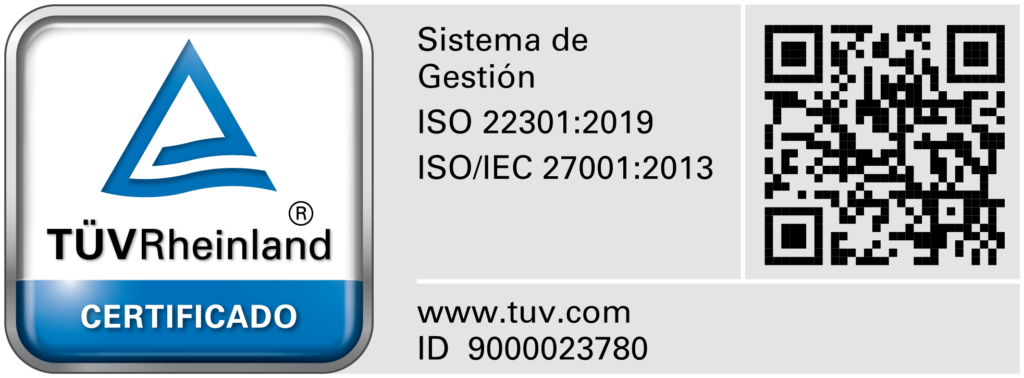During the Ramadan celebrations, we paradoxically witness a decrease in the activity of the active population and an increase in sales, particularly in the food sector. Indeed, due to its long duration and intensity, this celebration will inevitably have an impact on several sectors of the economy. So what are the consequences of this ritual for the economy? We explain it all to you!
Remittances on the rise
Ramadan is a celebration of family and sharing. Today, more and more people are moving abroad and are far from their loved ones. As a result, during this period, there is an increase in money transfers of about 60%, especially for expatriates or migrants who wish to help their families back home. Indeed, making donations is part of the 5 pillars of Islam. This action is called Zakat and represents around 2.5% of the income of each Muslim. It includes sending money to relatives, donations to charitable foundations or a gesture towards a person in need. More than 60% of these donations and transfers are made during the fasting month.
Indeed, the faithful take advantage of this period to help their relatives or make donations to associations of their choice. Moreover, Ramadan results in a strong increase of expenses in the food industry for example. As a result, the money spent during this holy month is much higher than during the rest of the year.
A mixed economic picture: the expanding food sector
Ramadan is a celebration that obviously implies changes in consumer habits and therefore a change in the economic growth of different sectors. Some sectors prosper rapidly while others see their activity slow down.
This celebration is an opportunity to have dinners with your loved ones and to taste a multitude of different dishes. For this reason, businesses such as supermarkets, markets and grocery shops benefit greatly from this increase in food consumption by the faithful. Indeed, the large meals organised with the family at sunset require a long preparation and a consequent quantity of food which leads households to consume more. The increase in food demand is estimated at 37%, particularly for products such as fresh fish, citrus fruits, eggs and fruits. This leads to a price increase of around 0.6% of the initial prices. At the end of the fast, the economy returns to normal and prices and consumption fall back to pre-fasting levels.
The hotel sector and local tourism affected
During the month of Ramadan, religious Muslims travel little. Indeed, there is a slowdown in overall tourism, both within the country and abroad. During this festival, people stay with their loved ones and respect the traditions that aim to make the faithful lead a simple life for 30 days. For this reason, hotels, AirBnB or even the big palaces notice a drop in bookings which significantly affects their turnover. Of course, the activity depends on each city or country but globally, we observe that the month of Ramadan is a very quiet month for the actors of the tourism sector.
Note also that public transport or even taxis are generally very busy at peak times as families want to be reunited before sunset.
Social networks, a way to share around the world
More than 22% of the world’s population on average follows the Ramadan celebrations. In the digital age, we can observe a consequent increase in their use of cell phones, social networks and any other type of communication means. During this time of year, studies have shown that Muslims spend more than 2 million extra hours per day on social networks such as Facebook and YouTube, which has seen its audience increase by 150%. As one can imagine, the many confinements, health restrictions or suspended flights have prevented families from meeting for many months. To remedy this, some people are forming groups on WhatsApp, Zoom or Google Meet so that they can share family meals from a distance.
In addition, social networks such as Instagram allow people to follow influencers who share live Ramadan traditions with their community. To this end, the emergence of Covid 19 has allowed certain media to grow exponentially, which now simplifies the means of communication between relatives.
Finally, since a few years, Ramadan has made its appearance in the advertising communications of global brand of all types of products. Today, more and more companies are also addressing their religious customers through their advertising campaigns in order to celebrate with them this sacred holiday. As for France, more than 80% of Muslims present in the country practice Ramadan. For that, many companies decide to seize the opportunity and to take advantage of this period of strong consumption to maximize their profits and to create loyalty of the concerned customers.







